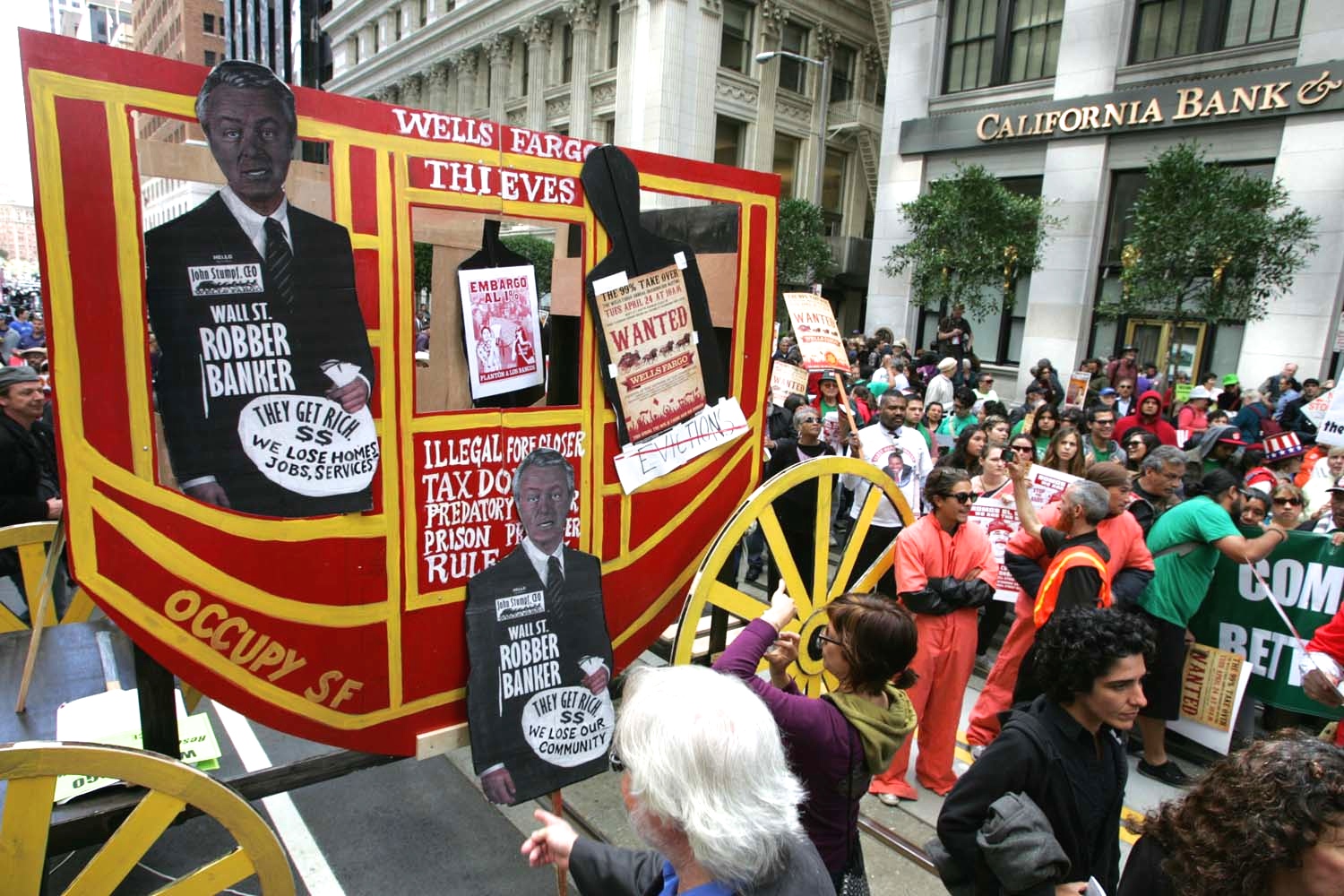 The federal response to corporate misconduct over the past two decades has alternated between tougher monetary penalties and the promotion of voluntary measures to lure companies into behaving better. Neither has worked very well.
The federal response to corporate misconduct over the past two decades has alternated between tougher monetary penalties and the promotion of voluntary measures to lure companies into behaving better. Neither has worked very well.
Companies came to saw the increased fines as a tolerable cost of doing business (especially when they were tax deductible), while voluntarism was never a match for corporate greed.
It was thus intriguing when the Federal Reserve recently adopted a new approach in dealing with Wells Fargo. That bank, of course, has become notorious for its brazen scheme of creating millions of accounts not requested by customers, in order to generate illicit fees. It paid a fine of $100 million, with a lot more expected to follow. This came after a series of other scandals, including mortgage abuses that resulted in a $5.3 billion settlement in 2012.
The Fed, on Chair Janet Yellen’s final working day in office, issued an unusually blunt press release saying that the board was taking steps in response to “widespread consumer abuses and other compliance breakdowns” at Wells.
In an unprecedented step, the Fed imposed a restriction on the bank’s ability to grow “until it sufficiently improves its governance and controls.” In an industry for which getting larger is the guiding principle, Wells will feel intense pressure to satisfy the Fed’s demands. In fact, concurrently with the Fed’s action Wells announced that it would replace one-quarter of its 16-person board of directors by the end of the year.
Bank-friendly politicians have not had much to say about the Fed’s action, but it is clear that the restriction placed on Wells represents a forceful rebuttal to those pressing for a weakening of financial industry regulation. The ouster of Yellen by President Trump was a coup for the deregulation crowd, but we can take some solace in reports that her successor Jerome Powell oversaw the Fed’s negotiations with Wells.
The Fed’s action should be promoted as an example of how regulatory agencies and the Justice Department need to get more creative in dealing with egregious and repeat violators. Rogue corporations will only change their behavior if the penalties really sting.
The restriction on growth begins to meet this requirement because it makes Wells more vulnerable. An inability to become larger through acquisitions means that the bank will lose ground to its big competitors. Wells is probably too big to be a potential takeover target itself, but it could come under pressure from activist investors to restructure or even sell off portions of itself.
Moreover, the restrictions will probably depress the bank’s stock price, and that will be felt personally by the executives who encouraged or overlooked the misconduct.
At the same time, the house-cleaning among directors is an important message to send to board members at other misbehaving companies. That message would be even more effective if directors are not just removed but held personally liable for allowing the corrupt practices to happen.
The Fed has not always been the most aggressive of regulators. Let’s hope its action on Wells inspires other agencies to get tougher with corporate miscreants.